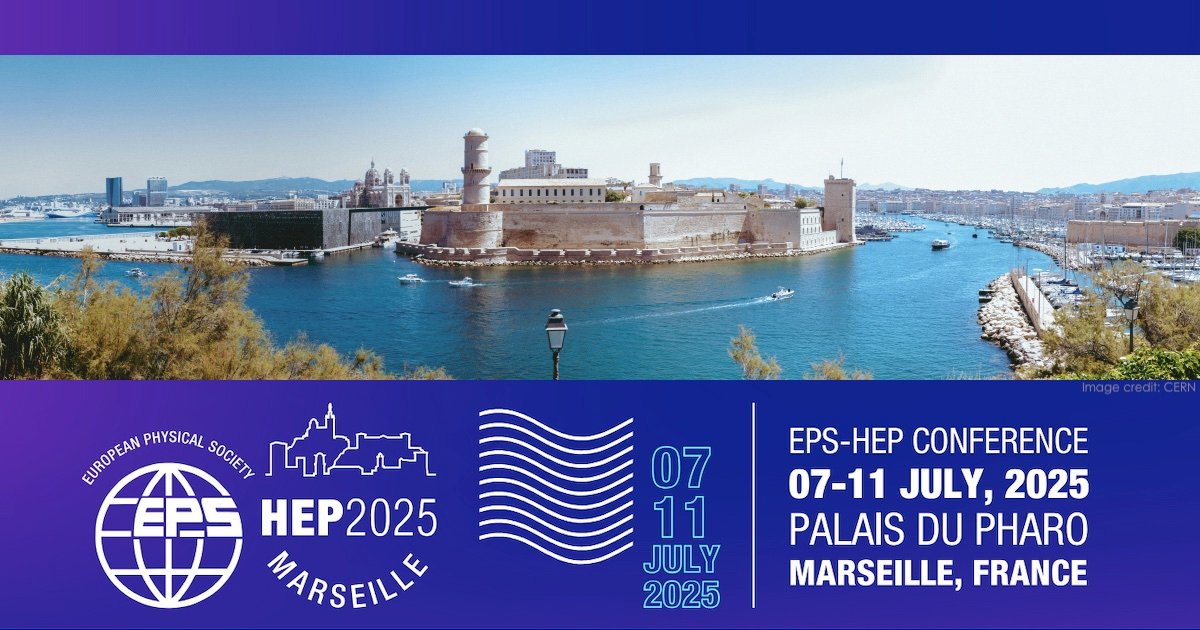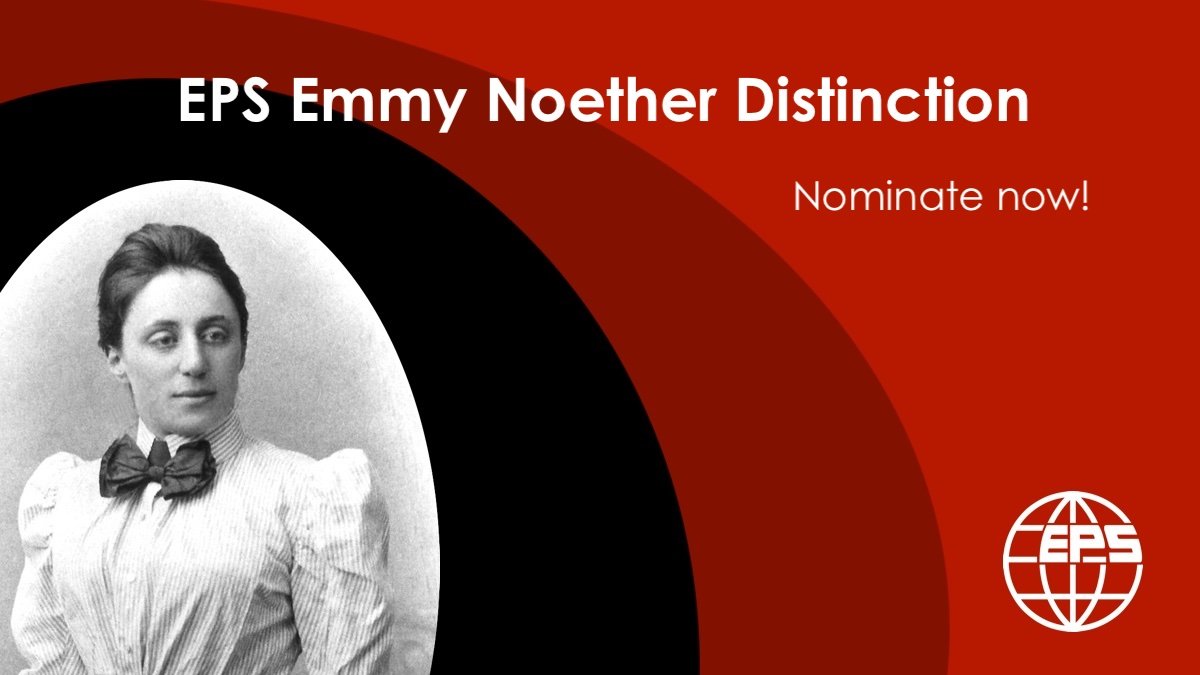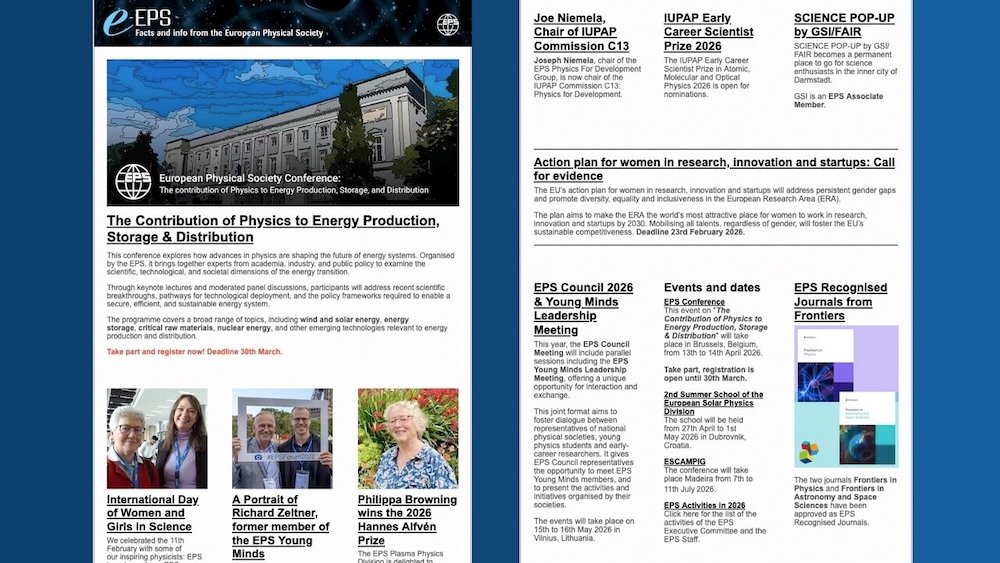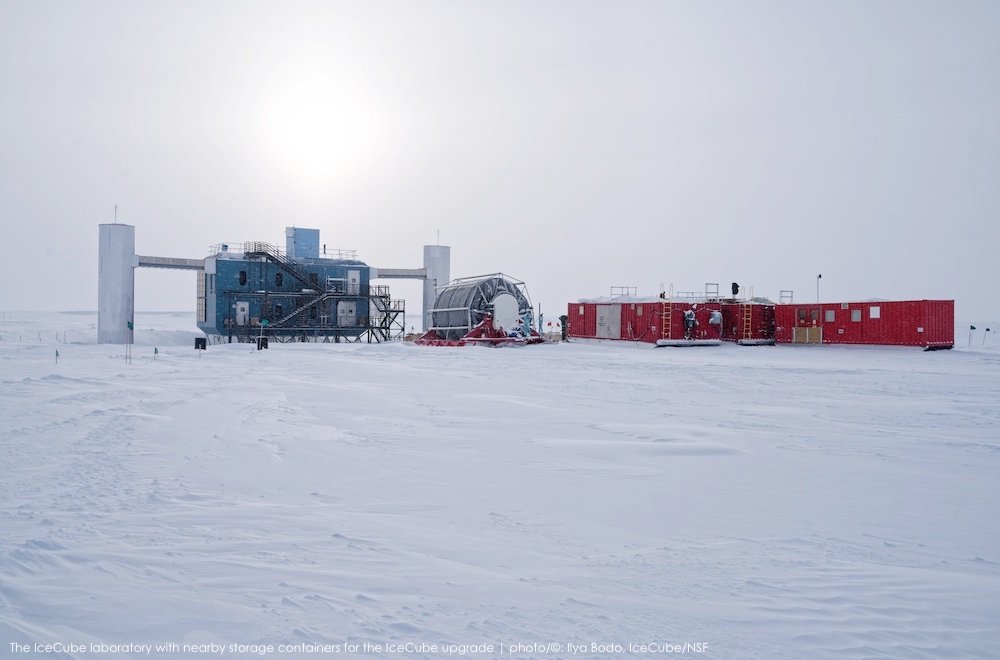Author: Thomas Strebler
From 7 to 11 July 2025, the European Physical Society Conference on High Energy Physics (EPS-HEP 2025) gathered 800 physicists from around the world at the Palais du Pharo in Marseille, France. Organised by six French CNRS laboratories, this flagship conference of the EPS High Energy and Particle Physics Division once again confirmed its role as a central event for the international particle physics community.
Over the course of five days, participants presented and discussed the most recent theoretical developments and experimental results across all areas of particle physics, from LHC physics and neutrinos to astroparticles and quantum field theory. Reflecting the fast-evolving nature of the field, the 2025 edition featured two new dedicated tracks on Artificial Intelligence for HEP and Quantum Technologies, highlighting the growing impact of these areas on research methodologies and future experiments. EPS-HEP 2025 featured more than 650 talks and poster contributions, showcasing results from major international collaborations and new ideas from across the field.
The conference took place at a pivotal moment, with the community preparing for the 2026 update of the European Strategy for Particle Physics. Several sessions were dedicated to future facilities and long-term visions for the field, including the post-LHC era. The discussions in Marseille reflected the breadth and depth of input submitted earlier this year to the Strategy process.
The week concluded with a summary talk by Andreas Hoecker (CERN), highlighting key results and trends presented during the conference. His closing words — “The future will be sharp” — captured both the excitement and ambition of the field as it looks ahead to the next major steps in our understanding of the Universe.
Further information:
- Conference website: https://www.eps-hep2025.eu
- Scientific programme and contributions: https://indico.in2p3.fr/e/EPS-HEP2025
- EPS High Energy and Particle Physics Division: https://eps-hepp.web.cern.ch






